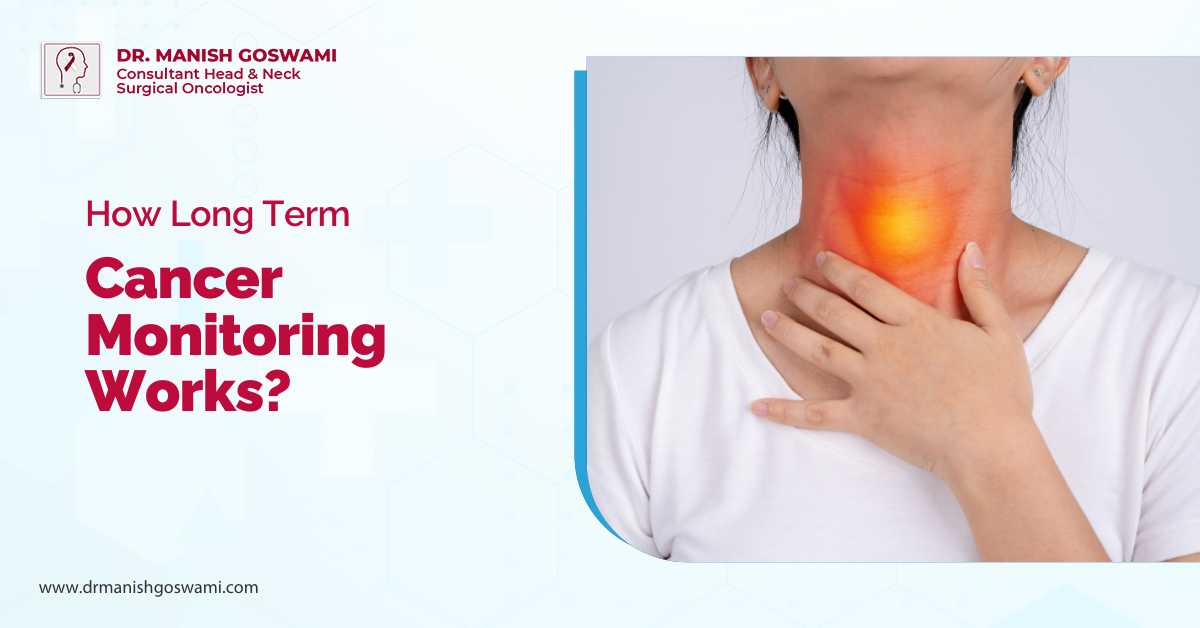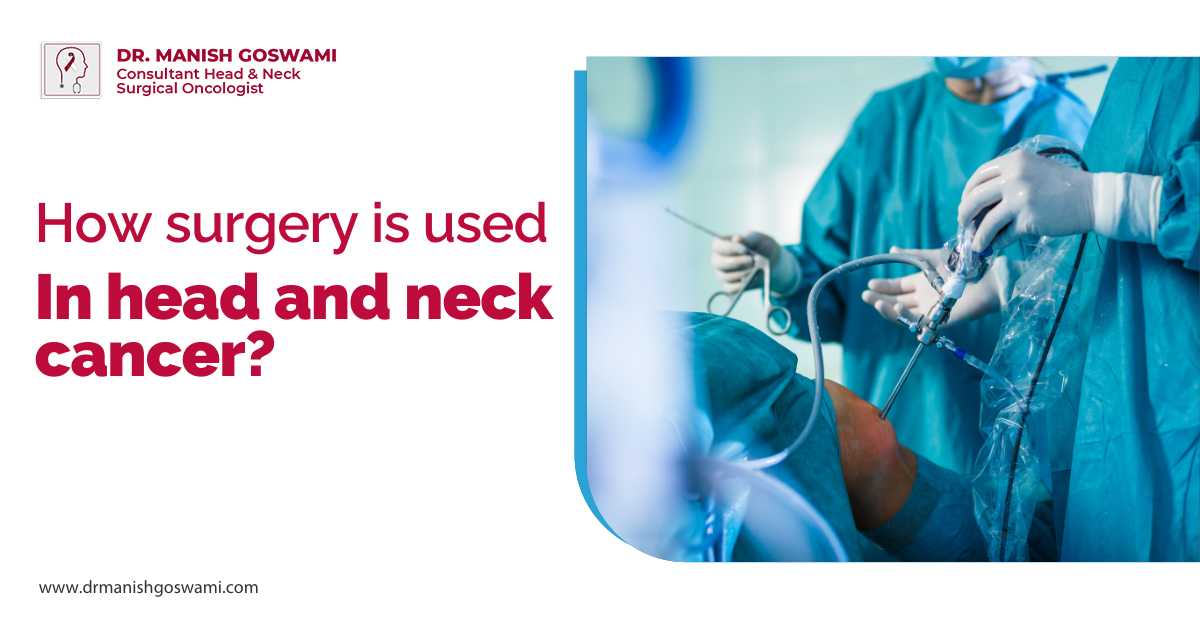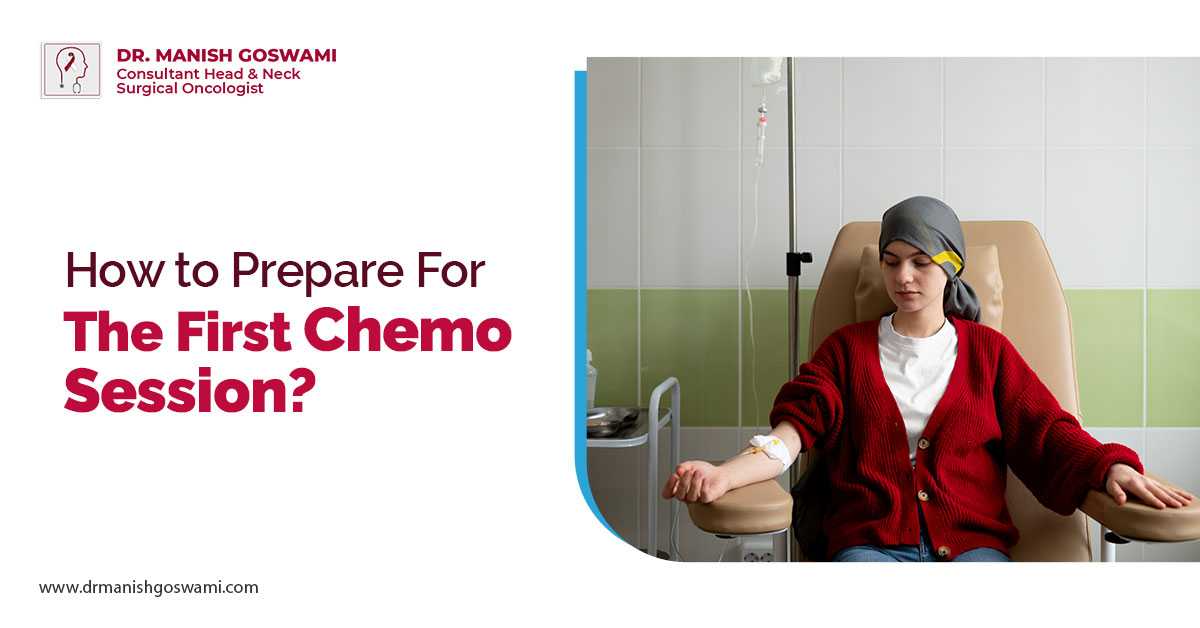The side effects of cancer drugs can be different for each person. They also depend on the type of treatment you are receiving. Going through cancer treatment can be stressful and confusing. You heard about the cancer therapy that saves many lives, but at the same time, it feels nervous, tiring, and challenging.
If you are looking for cancer treatment in Siliguri, it’s helpful to know that side effects are a normal part of the process. They happen because cancer drugs can affect healthy cells, or because surgery or radiation changes how parts of the body function. Everyone reacts differently, and each treatment can bring its own set of challenges.
Knowing why these effects happen can make the experience less confusing and help you understand what’s happening in your body during treatment.
Different Drugs Have Different Side Effects
Not all cancer drugs work the same way, and this is one of the reasons side effects can vary so much. Some drugs target fast-growing cancer cells but also affect healthy cells that divide quickly, like those in the bone marrow, digestive tract, hair follicles, and skin.
Other drugs, such as targeted therapies or immunotherapy, work differently and may affect specific parts of the body or the immune system. Because of these differences, two patients receiving different treatments may experience very different side effects, even if they have the same type of cancer.
Important to Know About Side Effects
Side effects are the body’s natural response to cancer treatment. They are not a sign that the treatment is failing, but rather a side effect of how the treatment works.
Some key points to know:
- Side effects can be mild or severe and may appear at different times during treatment.
- Everyone reacts differently. Two patients on the same drug may experience different side effects.
- Surgery, radiation, and chemotherapy can all affect the body in different ways, adding to the variety of side effects.
- Understanding these effects helps patients and caregivers prepare mentally and physically for treatment.
Understanding the Reasons Behind Side Effects
Cancer drugs, including chemotherapy, targeted therapy, and immunotherapy, are designed to attack cancer cells. The problem is that many of these treatments also affect healthy cells in the body. Healthy cells that divide rapidly, such as those in the bone marrow, digestive tract, hair follicles, and skin, are often unintentionally impacted. This is why patients may experience a wide range of physical and mental effects during and after treatment.
Every patient is different, and the side effects they experience can depend on factors like:
- The type and combination of drugs used
- The dosage and frequency of treatment
- The patient’s age, overall health, and organ function
- Genetic differences that affect how the body reacts to medication
What Are the Most Common Side Effects of Cancer Treatment?
Cancer treatment can affect many parts of the body. Some of the most common side effects include:
1.Low White Blood Cell Count (Neutropenia)
Chemotherapy can reduce the number of white blood cells, which are crucial for fighting infections. This happens because the drugs target fast-growing cells in the bone marrow, which produce blood cells. Patients with low white blood cell counts are more prone to infections.
2.Hair Loss (Alopecia)
Hair follicles are also fast-growing cells, so chemotherapy can cause hair to fall out. This can affect the scalp, eyebrows, eyelashes, and other body hair. Hair usually grows back after treatment, but the timing varies.
3.Nausea and Vomiting
Some cancer drugs irritate the stomach lining or trigger the brain’s nausea center, leading to vomiting or nausea. Some patients may feel sick even thinking about treatment due to anticipation.
4.Cognitive Changes (“Chemo Brain”)
Certain treatments can affect the brain, leading to memory problems, difficulty concentrating, or slower thinking. These effects vary in intensity depending on the type of drug and the individual’s response.
5.Pain and Discomfort
Cancer drugs may affect healthy tissues or cause inflammation, which can lead to pain in different parts of the body. Pain can also result indirectly from changes in muscles, joints, or organs caused by treatment.
6.Swelling and Lymph Fluid Accumulation (Lymphedema)
Surgery or radiation may remove or damage lymph nodes, preventing proper drainage of lymph fluid. This can cause swelling in the arms, legs, or other parts of the body.
7.Blood Clots (Deep Vein Thrombosis)
Some treatments increase the risk of blood clots, especially in the legs or pelvis. Drugs that affect circulation or blood clotting can contribute to this condition.
What Are Some Other Side Effects of Cancer Treatment?
Cancer drugs can also affect other areas of the body, leading to a variety of additional side effects:
- Fatigue: Many treatments affect metabolism, heart, or lungs, causing persistent tiredness.
- Digestive problems: Some drugs irritate the stomach or intestines, reducing appetite or causing changes in digestion.
- Skin and nail changes: Fast-growing skin cells may react, causing rashes, dryness, or nail discoloration.
- Emotional changes: Drugs can affect hormones or brain chemicals, sometimes causing anxiety, mood swings, or depression.
These side effects are a result of how treatments interact with healthy cells and body systems. While the list may seem long, not every patient experiences all of these effects.
Conclusion
Cancer treatments in Siliguri, like anywhere else, can save lives but often come with side effects. These side effects occur because treatments affect healthy cells along with cancer cells, or because surgery and radiation alter normal body functions.
Understanding the causes of side effects helps patients and caregivers make sense of what’s happening during treatment. Every person responds differently, and side effects are a natural part of the process of fighting cancer.
Knowing why side effects occur can make the treatment journey less confusing and help patients approach therapy with awareness and understanding. For expert guidance and personalized care during your treatment, you can consult Dr. Manish Goswami, a trusted cancer specialist.
Comments (0)





